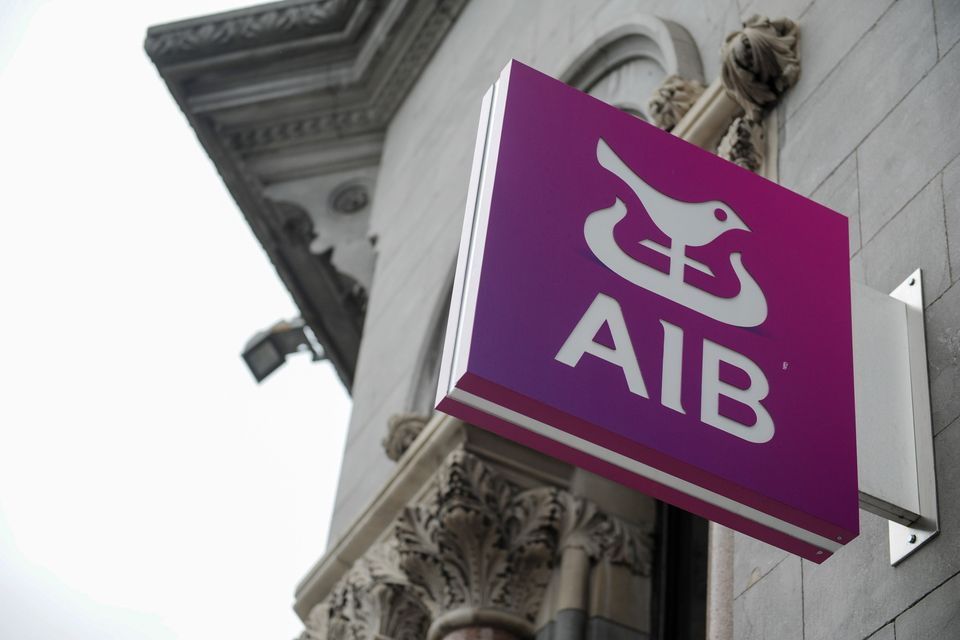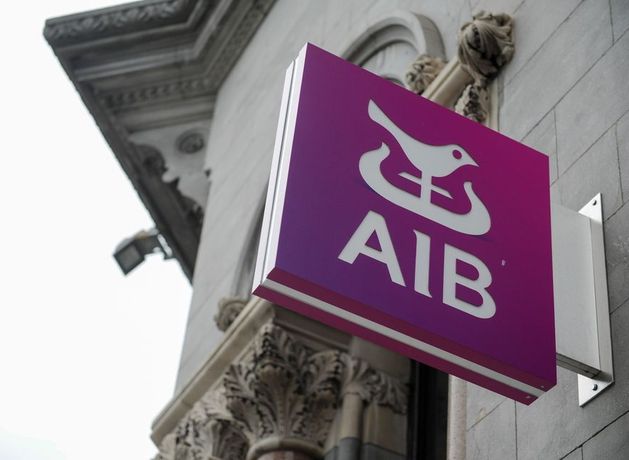The Financial Services Union today opened a ballot of its members at the bank on an agreement reached between the union and management a few weeks ago.
Staff will ballot on changes to the bank’s original proposals that mean staff must be based in the office three days a week.
Changes to the proposals include an agreement that staff could work from a remote working hub on one of the three mandatory office days.
The agreement document also offers assurances that the bank will review and consider employees’ pre-existing working arrangements and offer flexibilities when needed.
In the document, AIB acknowledges that the union has legitimate concerns about the proposed use of individual attendance monitoring, and aims not to identify staff.

AIB branch.
Today’s News in 90 Seconds, Wednesday, October 22
The union had accused the bank of unilaterally announcing changes to its hybrid working model in July.
A union spokesperson said the new set of principles were produced following intensive negotiations between management and union officials.
John O’Connell, general secretary of the FSU, said the union asked its AIB members if they agree with the proposed new hybrid working principles in the ballot.
“If our members vote yes, the new hybrid working principles will come into effect on January 1, 2026,” he said.
He said the union will refer the dispute to the Workplace Relations Commission if members vote against the new proposals.
The document on the new hybrid working principles says the bank will continue to share information with the union on an “open and transparent basis” during the “mobilisation” phase of the new arrangements and beyond.
The bank agreed that full time staff can book remote working hubs for use on one of the three office attendance days each week.
Hub usage will be by agreement with managers “with a view to providing flexibility whilst supporting collaboration, connection and innovation within and across teams”.
The document says the hubs can be used on non-office attendance days as an alternative to working from home.
The bank agrees to review and consider any pre-existing working arrangements to provide certainty to staff.
It also commits to share details of a review of head office relocations with the union to enable consultation.
“The bank confirms that the basis of its approach to hybrid working will be to facilitate flexibility for staff where appropriate on an agreed short-term basis, with people leaders having discretion to make temporary changes to individual working arrangements for an indicative period of up to three months with the potential to extend to a period no greater than six months,” it said.
It says the bank will ensure that responses to requests are provided by people leaders quickly, and with a view to accommodating such requests where possible.
The document said staff will be entitled to request flexibility during a pregnancy and for a period of six months after their return to work after maternity leave.
“The bank’s approach to flexibility will specifically reflect the protection of staff who are pregnant and returning from maternity leave (as well as in analogous situations such as pregnancy loss), and more generally the importance of facilitating staff with caring responsibilities wherever possible,” it said.
The ballot closes on November 5.
